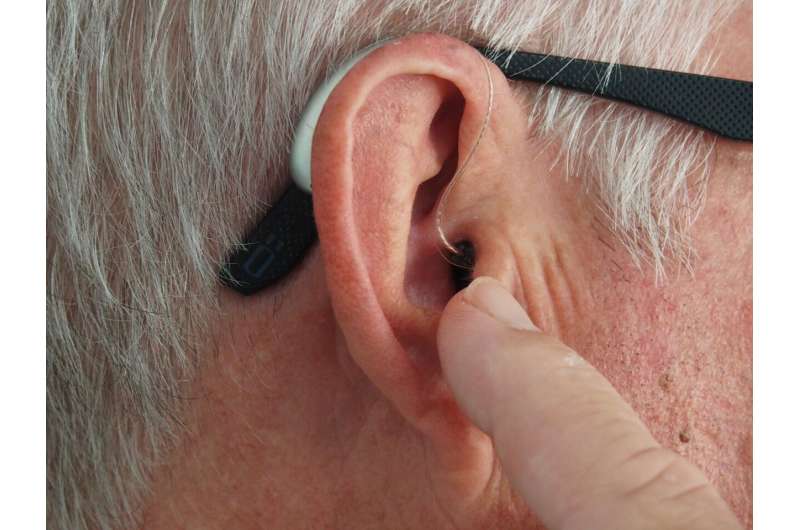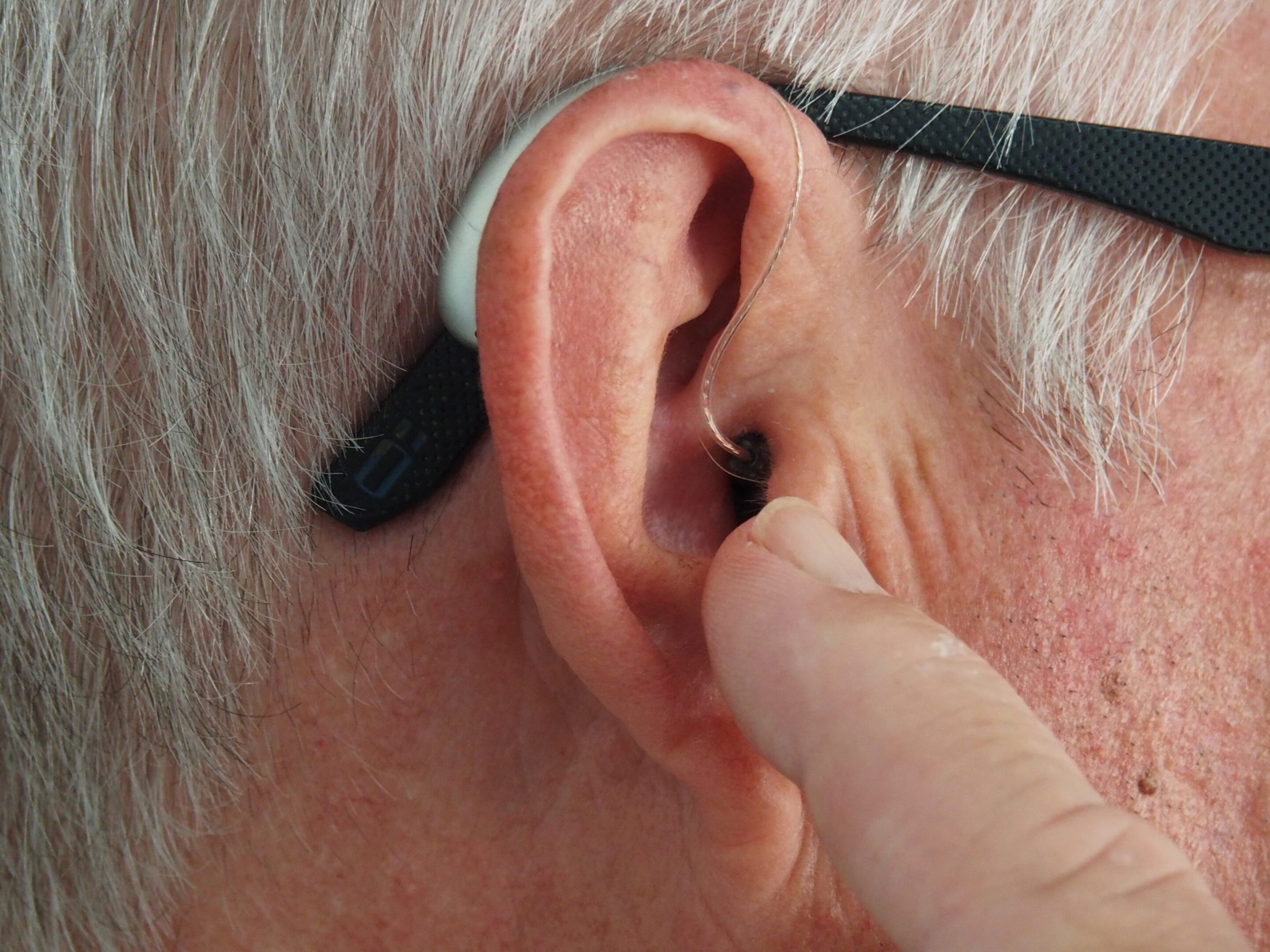
A McGill University study has shown that hearing plays a crucial role in how people coordinate and control speech movements in real-time.
Published in The Journal of the Acoustical Society of America, the research shows that when people cannot hear their own speech, even briefly, their ability to move their jaw and tongue in a coordinated manner is impaired.
“People rely on immediate auditory feedback to coordinate and control the movements of their vocal tract in service to speech production,” said Matthew Masapollo, lead author of the paper, who conducted the study while working as a Research Associate in McGill’s Motor Neuroscience Laboratory.
The team used electromagnetic articulography (EMA) to track jaw and tongue-tip movements during speaking in people with normal hearing under two conditions: when they could hear their speech and when it was masked with multi-talker noise. In the latter scenario, where participants briefly couldn’t hear themselves, speech motor performance declined.
This finding has significant implications for understanding speech production in people with hearing loss, especially those using cochlear implants. “Some aspects of speech production remain impaired, even years after implantation, undoubtedly because the auditory signals available through CIs are degraded,” said Masapollo.
Understanding how bad sound affects speech helps make sure cochlear implants are effective and guides how to help children with serious hearing loss learn to speak, the researchers noted.
Masapollo, in collaboration with Susan Nittrouer and McGill professors David J. Ostry, and Lucie Ménard, is now investigating how reduced sound access through cochlear implants affects speech produced by individuals who received cochlear implants.
The preliminary findings suggest that people with hearing loss might rely more on how their mouth and tongue feel, rather than auditory feedback, to control speech movements. If confirmed, clinical research will be able to capitalize on this by developing new therapeutic interventions focused on oral-motor training to assist children and adults with hearing loss.
More information:
Matthew Masapollo et al, Immediate auditory feedback regulates inter-articulator speech coordination in service to phonetic structure, The Journal of the Acoustical Society of America (2024). DOI: 10.1121/10.0028725
Citation:
When we cannot hear our own speech, even temporarily, ability to speak is impaired (2024, October 4)
retrieved 6 October 2024
from https://medicalxpress.com/news/2024-10-speech-temporarily-ability-impaired.html
This document is subject to copyright. Apart from any fair dealing for the purpose of private study or research, no
part may be reproduced without the written permission. The content is provided for information purposes only.


